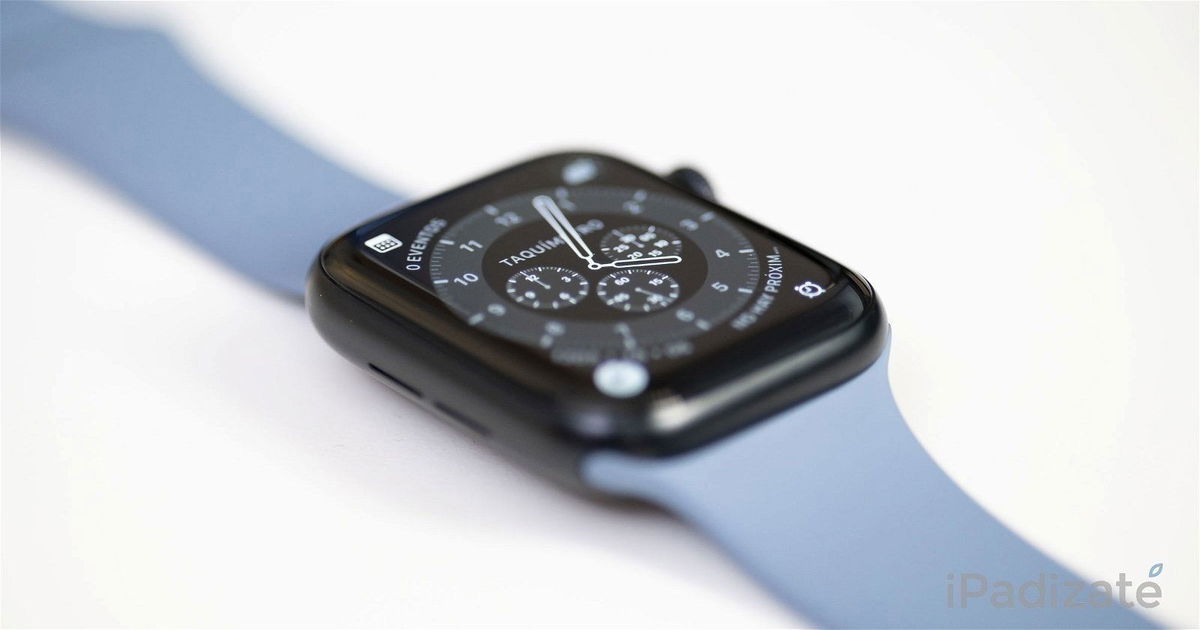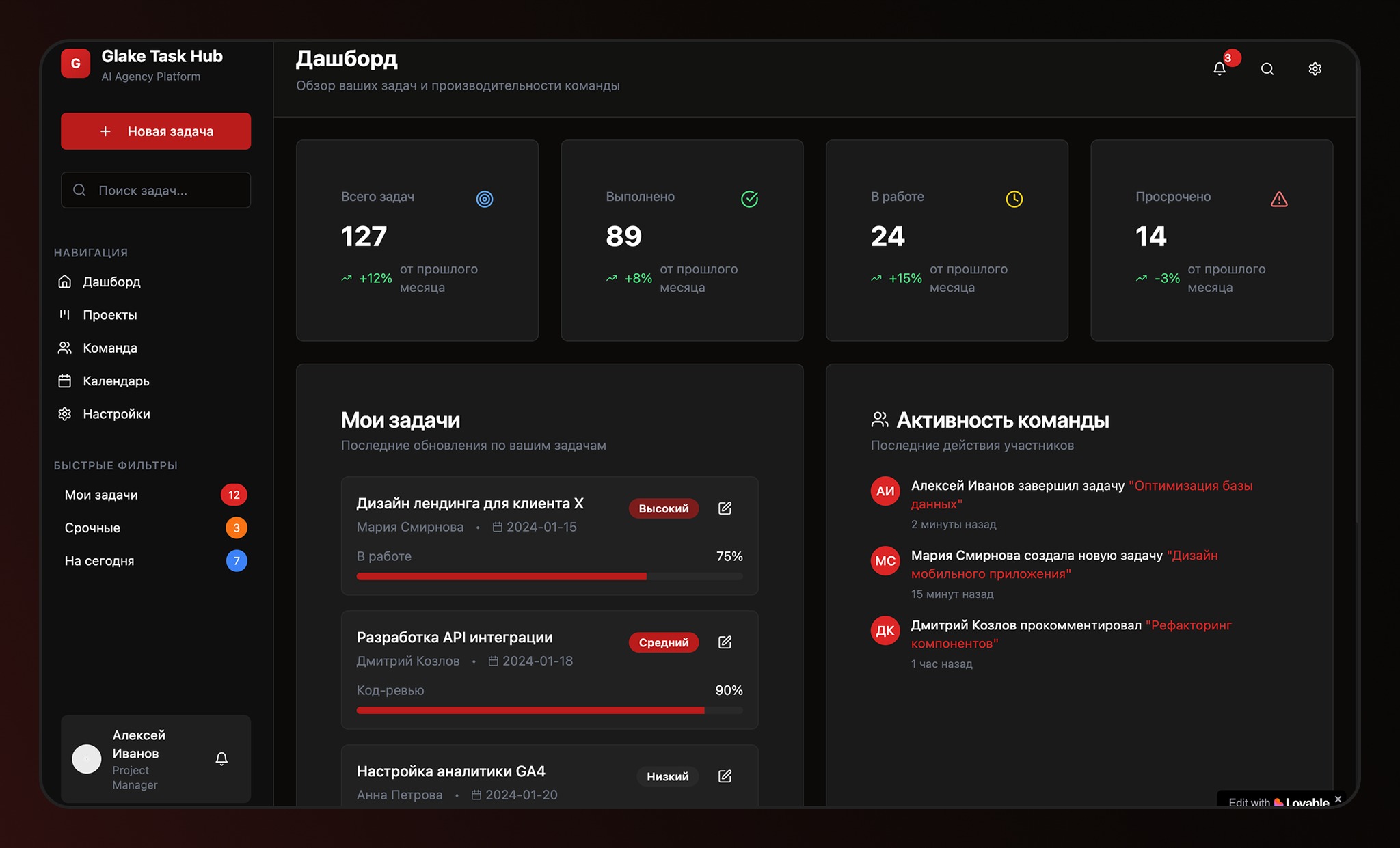If you’re constantly tormented by trying to sleep, check to see if you’re eating something “forbidden” before you go to bed. So just products that take your sleep away.
-
Caffeine. If you consume too much before bed (and, for example, found in coffee, tea, soda, chocolate), it interferes with the work of adenosine, which promotes sleep. Drinking too much caffeine during the day is also dangerous. The maximum effect of this substance becomes noticeable approximately 30-60 minutes after drinking a caffeinated beverage or product.
-
Energy. They contain ingredients designed to cheer you up. Therefore, it is recommended to drink such drinks at the beginning of the day.
-
Spicy foods before bed. Because of this, you may experience heartburn. Additionally, research shows that people with gastroesophageal reflux disease are more likely than others to complain of sleep problems. Therefore, it is better to eat spicy dishes at lunch, and not at dinner.
-
Plenty of saturated fat. A 2020 study found that consuming high amounts of saturated fat during the day caused participants to sleep worse at night. They were also more likely to wake up at night. However, not all fats are bad for sleep: on the contrary, thanks to omega-3 fatty acids, you sleep better.
-
Lots of refined carbohydrates. Such products include pasta, pastries, white bread. A 2019 study notes that older women who eat more refined carbohydrates are more likely to not get a good night’s sleep. They were also more likely to develop insomnia after three years.
-
nutrient deficiency. Magnesium is often recommended for sleep. But this isn’t the only substance that promotes sleep. In a 2019 study, short sleep duration in humans was associated with low levels of various vitamins and minerals, including vitamin D, K, calcium, magnesium, and in 2016, insomnia was associated with zinc, iron, magnesium deficiency.
News cannot be equated with a doctor’s prescription. Consult an expert before making a decision.
Source: Ferra











